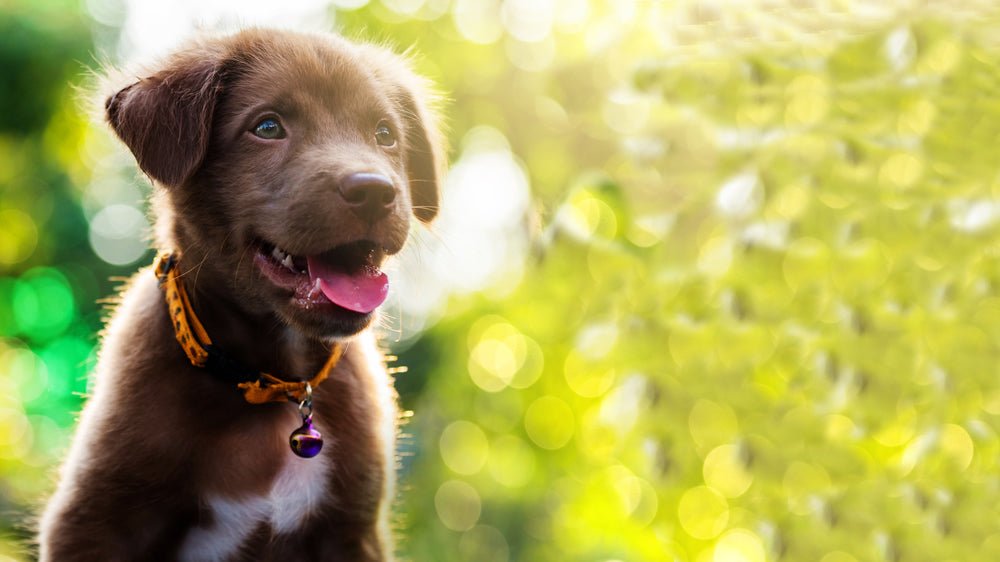There are many obvious things you'll want to do with your new puppy when you bring them home. Working on things like crate training, house training and handling spring to mind as some of the jumping off points. In addition, there are some key rules most trainers use with puppies to ensure they have a great start in life.
Leash or Long Line on Your Puppy
Traditionally, when we get in the house, we take off the leash. This is a huge mistake. It leaves you vulnerable to the whims of a puppy. The last thing you want to do is have to chase your new puppy. It sets you up for a lifetime of having them realize that they are faster than you and that Keep-away is a blast. Leaving a long line or a leash with the handle cut off on your puppy in the house will allow you to calmly stop any inappropriate behaviours quickly. Imagine your puppy grabbing a shoe and running, without a leash on, you're forced to chase and try to tackle the puppy to get the shoe back. With a leash or long line dragging, you can calmly walk up and step on the leash, eliminating the "catch-me-if-you-can" game and taking the fun out of that naughty behaviour. Remember: dogs do what's rewarding, which means you'll be able to nip things in the bud that may be reinforcing for the puppy, but painful for the humans.
Supervise Your Puppy
It's crucial that you are able to give your puppy feedback in quick fashion. Dogs learn during or within about 1 second of a behaviour. If you can't catch them during their mistakes, there's absolutely no point in trying to give feedback after the fact. For example: If you enter a room and find a chewed up shoe, it's a done deal. There's no benefit in trying to deal with the situation after the deed has been done.
If you can't actively supervise your puppy, pleasantly crate them to ensure they don't get into mischief.
Train Your Puppy
This should be a given, but all too often people fall for "cooperative puppy syndrome". Most baby puppies are eager to follow you around. They show a level of desire to be with you that can be misleading. Fast forward a month or two and watch that change as they realize there is a big world around them. Don't take the cooperative puppy days for granted! Spend lots of time capitalizing on the natural tendency to follow and look to you for guidance. Us this time to train some of the basics, like attention, response to name and tricks. You can read about the benefits of trick training here.
Having a puppy in the house is a wonderful time that is over all too quickly. Enjoy it and as always....
Happy Training!
|
|
Hi! I'm Shannon and I joined the McCann team in 1999 while training Quincey, my wonderful and spirited Rottweiler, to have good listening skills. I'm the Director of Online Training and Content for McCann Professional Dog Trainers and I enjoy writing about dogs and dog training for the McCann blog. I currently share my life with 2 Tollers (Reggie & Ned) and I love helping people develop the best possible relationship with their 4-legged family members. |


